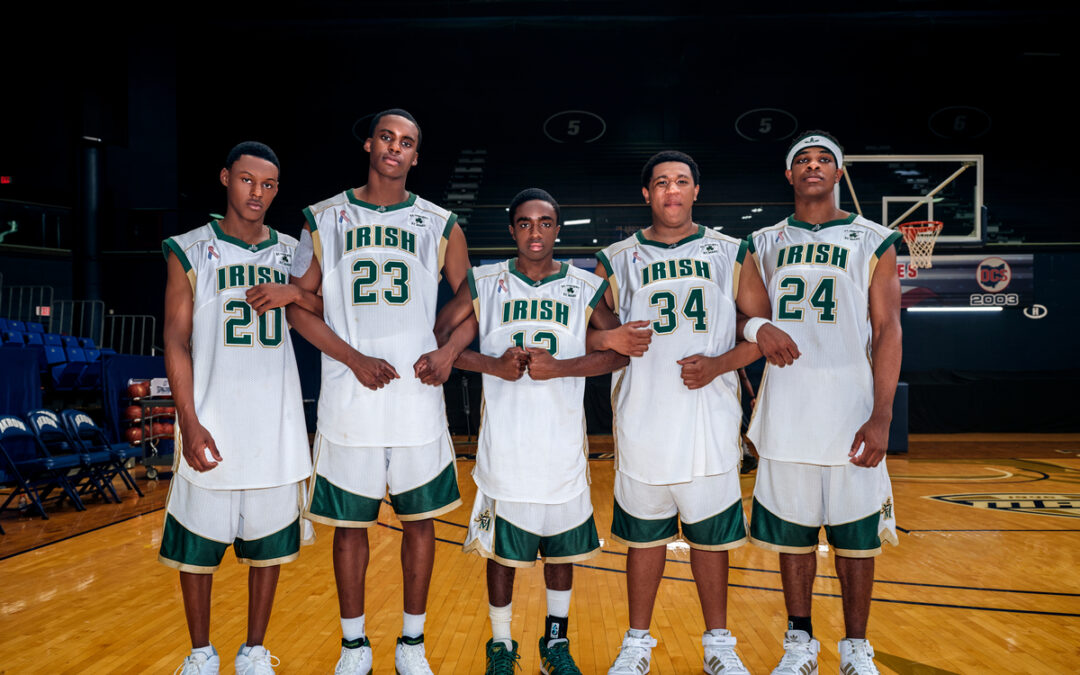by Shannon Dingle | Feb 4, 2022 | Commentary, Headline News |
(RNS) — “I agree online church is an intriguing idea to include families and individuals affected by disability,” I said, leaning back in my chair. “But I don’t think it can work.”
I spoke those words in 2009, in a casual conversation with other inclusive ministry leaders about what it might look like for churches to be truly accessible to disabled people. I wasn’t opposed to online church at the time. I simply couldn’t imagine how to make it work.
The ideal model, we were convinced, would be hybrid church, building online communities linked with traditional in-person churches, so attendance could be fluid and connections built in ways that included people of all ages, abilities and availability to be present in the same space as the church building. Well-equipped megachurches with large budgets already had the technical abilities to stream services and host online discussion groups. Most churches were and still are small and faithful, though, with resources more limited.
To implement a hybrid model, we knew we would need a system of training, funding and support. We lacked all three. But even if we had the money, time and expertise to do it all, we would need buy-in. We needed leaders to believe disabled people deserved to be fully included in the church, as people like anyone else rather than as service projects to pity, perpetual children to patronize, or pets to pat on the head.
At that time, every American church with a robust inclusive ministry had one thing in common: The pastor had a child or a grandchild diagnosed with a disability. Churches didn’t change to become welcoming unless leaders loved one specific disabled person first. I didn’t know what it would take for more churches to say yes to even considering inclusive online services.
A decade later, COVID-19 proved to be the catalyst for such change. Churches began shifting to online models en masse, to keep people safe from a deadly virus. As weeks passed and we could see that this new normal wasn’t leaving anytime soon, church leaders began moving their faith communities online.
Disabled people who had begged for more accessible models of ministry, who had been told online church wasn’t possible, watched as their requested accommodations became realities. While we were excited to finally be able to engage with our churches through new programs, our pain was undeniable.
Jesus tells a parable, recorded in Luke 15 and Matthew 18, known as the parable of the lost sheep. In it, a shepherd has 100 sheep and one goes missing. The good shepherd goes after the one lost sheep and brings it back to the other 99 with a spirit of joy and celebration. But is that a cute story we read like pure fiction, or do we believe it?
Consider, for a moment, that the story is one disabled person and 99 abled people, and instead of a field, the setting is a church. When one needed to be able to participate in the community of believers from home or a hospital using technology, we in the church stuck with the 99. Those virtual church options that were called impossible for the one became possible when COVID-19 safety measures, like not meeting in person, were necessary for the remaining 99 as well. The accommodation was never impossible for the one. We made a choice that the 99 abled people were worthy of such an option becoming available, which revealed what we believed about the one disabled person: They alone were not worthy, not in how church worked prior to the pandemic.
Now, as churches reopen their in-person services, the inclusive hybrid model can finally work, right?
Yes, but some people don’t want it that way. This past weekend Tish Harrison Warren, a priest in the conservative sect of Anglican churches and an opinion writer for The New York Times, argued for the end of online church, even though she acknowledged the practice would re-marginalize some members who have been included by online worship connection.
As for whether or not online church should be an option, it already is and it’s not going away. The logistics of Communion practices, for example, are worthy of consideration and planning, but let’s consider and plan those. Should online church happen? No matter your answer, it is happening.
This debate extends to how we classify relationships as well; is a person you only know online a friend, or does friendship require physical proximity? Communal embodied experiences within friendships or worship don’t require physical proximity. Conversely, I have been physically present in church services without anything being embodied beyond the most superficial appearance.
My personal preference will always include in-person engagement with the people I call my church, usually in the building we also call church. I understand other people have their own preferences, and I see no benefit in weighing whose disabilities or circumstances justify each choice. As with other accommodations for disabled people, abled people will benefit as well: Shift workers and single parents and displaced individuals, be it by choice or necessity, can all benefit from worship models including online possibilities.
According to the Centers for Disease Control and Prevention, 26% of adults are disabled. One in 10 adults age 18 and older — and double that for those 65 and older — have a disability that impacts one or more areas of functioning enough to require support from others. We know COVID-19 disproportionately harms people with medical vulnerabilities, and some people who need to stay home to avoid COVID also stay home for part or all of flu season, in addition to hospitalizations, surgeries, sleep disorders and other circumstances preventing church attendance.
The most important fact we keep overlooking in these debates, though, is that disabled people are more likely to have those conditions that make COVID-19 the riskiest: three times more likely to have heart disease, twice as likely to have diabetes and the most likely to be immunodeficient by nature or due to medications. Relatedly, disabled people experience higher rates of poverty, less stable employment and lower rates of both driving and having access to a vehicle to drive than abled people do — all of which hinder church attendance as well.
Given those statistics, we aren’t talking about one lost sheep but more like 10 or 20 lost out of every 100. With online church, disabled people — including me and my family — were welcomed to church in more ways and more often than ever before. Let’s keep that up rather than shouting, “Hey, Jesus, we’re gonna take that one you brought back and throw them to the elements and predators! We’re going back to the way it was.”
We have the framework in place to continue to welcome disabled people who worship from home, even as in-person services become safer. The choice is easy. Keep welcoming us.
(Shannon Dingle is a Christian writer and activist. The views expressed in this commentary do not necessarily represent those of Religion News Service.)


Well it started with his first team as a young kid turned high school phenomenon from Akron, Ohio. Shooting Stars is a new film on NBCUniversal’s peacock platform that tells the story of LeBron James’ first team and formation into the superstar we know today. UrbanFaith sat down with the director of Shooting Stars, Chris Robinson to talk about what it was like to tell the story of the young LeBron James and his teammates. The full interview is above, more on the film is below.
